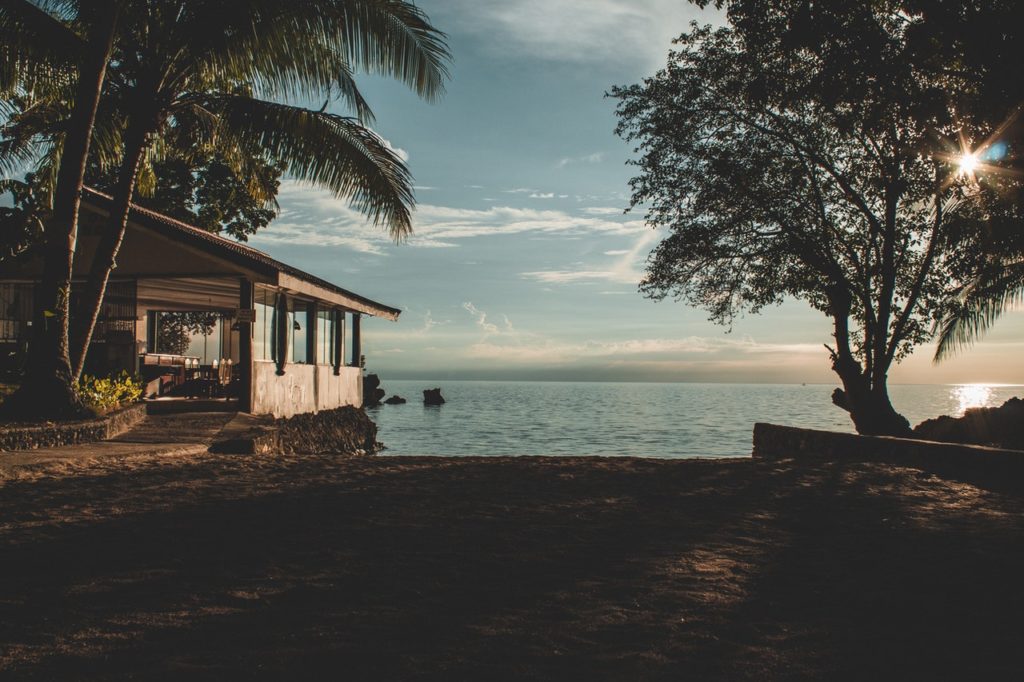
Do you own property in another state or in another country? Is it included in your Will or Trust so it would go to those of your choosing when you die? If so, you’re all set, right? Not so fast! That Will or Trust may not have legal standing outside of your state. When it comes to your estate plan, owning out-of-state assets can get a bit dicey. We’re going to take a look at ways to protect your out-of-state and foreign assets.
Does My Estate Plan Cover My Out-of-State Assets?
It does – to a point. For out-of-state assets, a Will or Trust created in your home state becomes a gray area since laws vary state-to-state. If you own assets in another country, things get really complicated when it comes to your U.S. estate plan. We’ll get to the foreign assets in a bit. But first:
Let’s say you live in Massachusetts and own a winter home in Florida. You want to leave it to your son or daughter – or both – after you pass. You list the Florida home in your Will and name your children as the beneficiaries.
Related Article: Why You May Want a Legal Review When Creating Your Online Estate Plan
When you die, your executor files the Will in the probate court in the Massachusetts county where you live. A probate case is opened, and the assets listed in the Will are dealt with accordingly. But that Florida property becomes a sticking point because the Massachusetts probate court has no jurisdiction over transferring the Sunshine State home.
In this situation, your Will’s executor – or personal representative – must file for what’s known as ancillary probate in the Florida county where the house is located. The Florida probate court would then hold proceedings to authorize the transfer of the home to the named beneficiaries.
While this example deals with property, other out-of-state assets would include vehicles, boats, or a business. Also – depending on the state – there may be tax implications for your estate and/or beneficiaries.
What is Ancillary Probate?
This is a secondary probate process required for assets listed in a Will owned by a decedent in a state where they did not live. If the decedent owned assets in multiple states, ancillary probate proceedings would have to take place in each state. Your Will’s executor is responsible for initiating and managing the process.
Related Article: Probate: What is it? Must All Wills go Through Probate?
Your estate cannot be settled until all ancillary probate cases are completed. Ancillary probate is generally carried out simultaneously with the initial domiciliary (decedent’s home state) probate. The ancillary probate courts typically work cooperatively with the domiciliary court which can reduce some of the hassle. However, there is no getting around the added cost, time, stress, and paperwork involved.
Foreign Assets and Your Estate Plan
Some people do not even think about their foreign assets when creating their estate plan, mistakenly believing they have no bearing on their domestic affairs. All U.S. citizens are subject to the U.S. estate and gift tax regardless of where your assets are – even in a foreign land.
Since most foreign countries do not recognize a U.S. Will or Trust, you need to take additional steps so that your out-of-country assets will have legal protections.
Dying Without an Estate Plan
If you do not have an estate plan, your assets – regardless of where they are located – will be in limbo after you die. This will result in a major timely and expensive problem for your loved ones with the courts ultimately resolving. And your assets may end up in the hands of someone you wouldn’t want to inherit.
Related Article: What Happens if I Die Without a Will?
Avoid Probate – Create a Trust
A great solution to avoid probate altogether is to create a Revocable Living Trust. Assets in a Trust transfer directly to your named beneficiaries after you pass, totally bypassing the probate process. A Trust also keeps everything private where a Will is a public document. As with the Will, this Trust must be created to the laws of the state or country where the trustor is a resident.
A Revocable Living Trust lets you stay in charge of your assets while you are living. When you die, the successor Trustee you appointed takes over and manages the transfer of the assets.
Related Article: Comparing a Will-Based Estate Plan and a Revocable Living Trust-Based Estate Plan
You can also avoid probate by having a transfer-on-death deed or joint ownership of the asset. Both of these allow the transfer of the asset to beneficiaries, bypassing the probate process.
However, there are some drawbacks to both of these options. Not all states have transfer-on-death deeds and there can be loss of control to the survivor of a joint ownership asset.
Let Gentreo Help You Create Your Estate Planning Documents
Put Gentreo’s nationwide reach to work for you. We have partnered with expert, licensed estate planning attorneys in every state that you can contact and have a one-on-one conversation about your legal concerns.
As mentioned, estate planning laws vary state-to-state. Get state-specific answers to your questions and be assured that your documents are bound by the law where you live or the state your assets are located.
Don’t wait until it’s too late; start your estate planning journey with Gentreo today. By doing so, you’ll not only protect your loved ones but also gain the peace of mind that comes with knowing your legacy is secure. Click HERE to join now.
This article is for informational purposes only and should not be considered legal advice. Consult with a qualified attorney or estate planning professional for personalized guidance.










